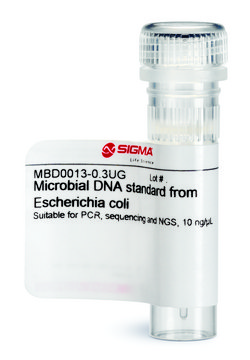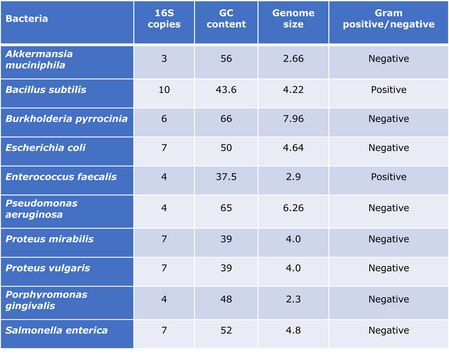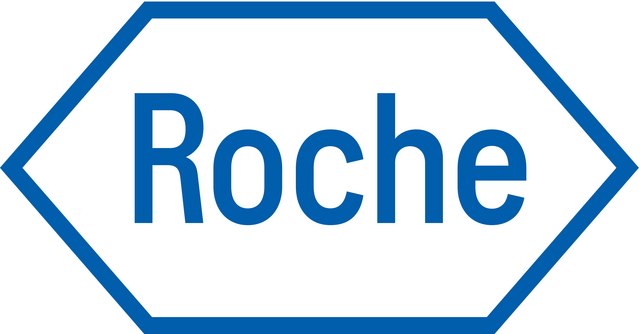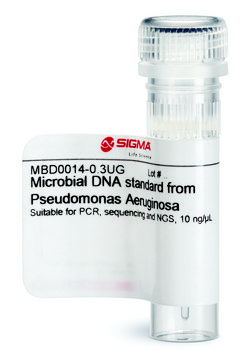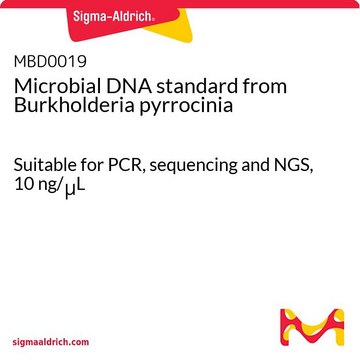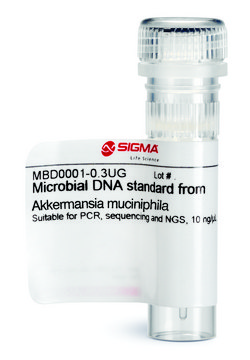MBD0002
Microbial DNA standard from Proteus mirabilis
Suitable for PCR, sequencing and NGS
Se connecterpour consulter vos tarifs contractuels et ceux de votre entreprise/organisme
About This Item
Code UNSPSC :
12352200
Nomenclature NACRES :
NA.24
Produits recommandés
Niveau de qualité
Forme
liquid
Concentration
10 ng/μL
Technique(s)
DNA extraction: suitable
DNA sequencing: suitable
PCR: suitable
Conditions d'expédition
ambient
Température de stockage
−20°C
Catégories apparentées
Description générale
Standardization of sample analysis is currently needed in microbiome genomics research workflow. Lack of standardization can lead to biases and errors in common processes during sample preparation and analysis such as sample amplification, sequencing and bioinformatics analyses.1 Proteus mirabilis genomic DNA microbial standard can serve as standard for benchmarking the performance along the workflow of microbiomics or meta-genomics analyses and as a tool to increase reproducibility and allow comparison of results obtained by different labs.
Proteus mirabilis is a gram negative facultative anaerobic rod-shaped bacterium. Bacteria of the genus Proteus of the family Enterobacteriaceae are opportunistic human pathogens responsible for wound and burn infections as well as skin, eye, ear, nose, throat, urinary tract, and gastrointestinal infections and bacteremias.2 The most common infection involving P. mirabilis occurs when the bacteria, which is a member of the natural intestinal flora, moves to the urethra and urinary bladder causing urinary tract infection. The outer-membrane lipopolysaccharide (LPS) is considered an important virulence factor of Proteus.3 Arabski et al. suggest that the immunological response against P. mirabilis LPS might play a role in rheumatoid arthritis.4 A possible correlation between the abundance of P. mirabilis in the intestine and obesity was suggested recently.5
Read here how to use our standards to ensure data integrity for your microbiome research.
Proteus mirabilis is a gram negative facultative anaerobic rod-shaped bacterium. Bacteria of the genus Proteus of the family Enterobacteriaceae are opportunistic human pathogens responsible for wound and burn infections as well as skin, eye, ear, nose, throat, urinary tract, and gastrointestinal infections and bacteremias.2 The most common infection involving P. mirabilis occurs when the bacteria, which is a member of the natural intestinal flora, moves to the urethra and urinary bladder causing urinary tract infection. The outer-membrane lipopolysaccharide (LPS) is considered an important virulence factor of Proteus.3 Arabski et al. suggest that the immunological response against P. mirabilis LPS might play a role in rheumatoid arthritis.4 A possible correlation between the abundance of P. mirabilis in the intestine and obesity was suggested recently.5
Read here how to use our standards to ensure data integrity for your microbiome research.
Application
Suitable for Quantitative standard for PCR, Sequencing and NGS
Caractéristiques et avantages
- Individual microbial standard for microbiomics and meta-genomics workflow
- Suitable standard for PCR, sequencing and NGS
- Improve Bioinformatics analyses
- Increases reproducibility
- Compare results lab to lab
Forme physique
Liquid -The genomic DNA is provided at ≥10 ng/μl concentration in TE buffer pH 8.0
Code de la classe de stockage
12 - Non Combustible Liquids
Classe de danger pour l'eau (WGK)
WGK 1
Point d'éclair (°F)
Not applicable
Point d'éclair (°C)
Not applicable
Faites votre choix parmi les versions les plus récentes :
Certificats d'analyse (COA)
Lot/Batch Number
Vous ne trouvez pas la bonne version ?
Si vous avez besoin d'une version particulière, vous pouvez rechercher un certificat spécifique par le numéro de lot.
Déjà en possession de ce produit ?
Retrouvez la documentation relative aux produits que vous avez récemment achetés dans la Bibliothèque de documents.
Notre équipe de scientifiques dispose d'une expérience dans tous les secteurs de la recherche, notamment en sciences de la vie, science des matériaux, synthèse chimique, chromatographie, analyse et dans de nombreux autres domaines..
Contacter notre Service technique